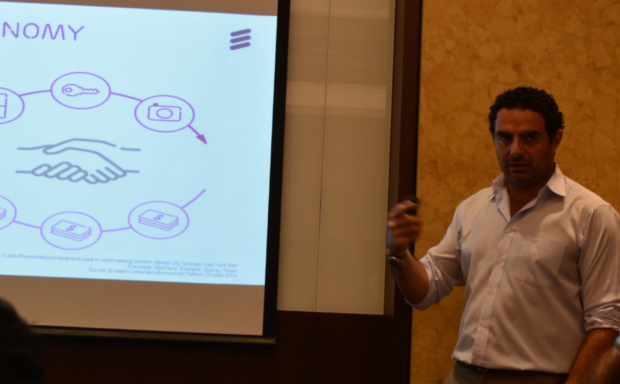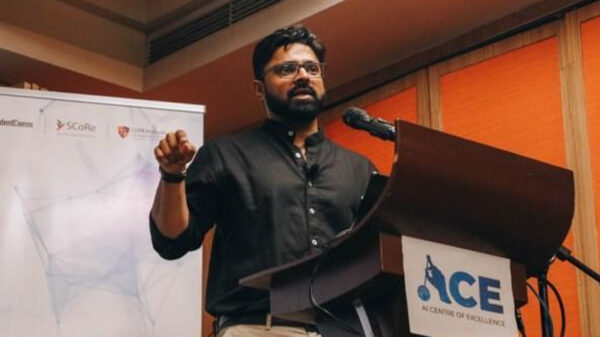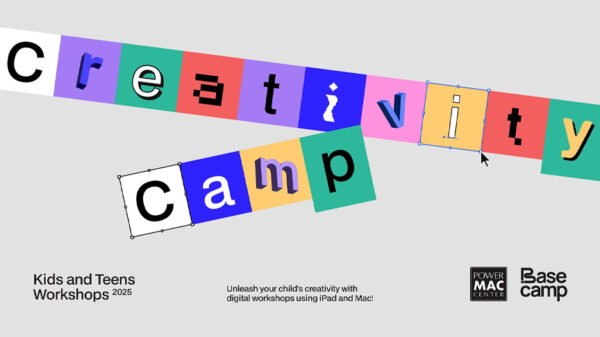The Ericsson ConsumerLab has announced that this year, “consumers will want technology and connectivity to be integrated into all facets of daily life – in everything from bathroom mirrors, to sidewalks and medicine jars.” This is according to the fourth edition of its annual trend report, which looked into the hottest consumer trends for 2015 and beyond.

“We believe in the ‘network society’. We believe that everything that benefits from connection should be connected,” Ericsson’s Elie Hanna said.
According to Elie Hanna, president and country manager of Ericsson Philippines and Pacific Island, already, 12% of the world’s population use connected homes, so that “our lives get connected more than ever.”
“The cumulative effect of smartphones becoming part of mainstream society is astonishing. As consumers, we try out new apps and keep the ones we think improve, enrich, or even prolong our lives at such a rapid pace that we don’t even notice that our attitudes and behaviors are changing faster than ever. Services and products that quite recebtly seemed beyond imagination are now easily accepted and believed to rapidly reach the mass market. With only five years until 2020, the future really does seem closer than ever,” Hanna said.
Particularly, there are 10 hot consumer trends worth observing.
- Streamed future. The year is expected to be “historic as more people will watch streamed video on a weekly basis than broadcast TV”. In the Philippines, 22% of regular Internet users stated that most of their TV/video viewing is on-demand or online, while 21% stated that most of their TV/video viewing is through TV channels.
- Helpful homes. In the Philippines, nearly 40% of regular Internet users expressed interest in the concept of a “connected home”.
- Mind sharing is expected to grow, as new ways to communicate will continue to appear. As such, “many smartphone owners would like to use a wearable device to communicate with others directly through thought, and believe that this will be mainstream by 2020. One-third of all Philippine respondents said they would be interested to use wearable devices.
- Smart citizens. Consumers believe that traffic volume maps, energy use comparison apps, and real-time water quality checkers – among others – will be mainstream by 2020. “The idea of smart cities is intriguing, but a lot of that intelligence may actually come about as a side effect of the changing everyday behaviors of citizens. As the Internet makes us more informed, we are in turn making better decisions,” Hanna said.
- Sharing economy. Already, the popularity of such Websites as AirBNB highlights how technology allow homeowners to rent out their spaces. Half of all smartphone owners are open to the idea of renting out their spare rooms, personal household appliances, and leisure equipment as it is convenient and can save money.
- Digital purse. Forty-eight percent of smartphone owners would rather use their phone to pay for goods and services; while 80% believe that the smartphone will replace their entire purse by 2020.
- Information sharing. In the Philippines, while only 10% currently use mobile payment systems, nearly 70% of the total respondents surveyed said that they will be encouraged to buy online if there are flexible, secure payment options.
- Longer life. Cloud-based services are giving the potential for people to live longer and healthier lives. These include jogging apps, pulse meters, and plates that measure foods to be consumed.
- Domestic robots. Sixty-four percent of people believe that domestic robots that could help with everyday chores will be common by 2020.
- Children connect everything. Children will continue to drive the demand for a more tangible Internet, where the physical world is as connected as the screens of their devices. Forty-six percent of smartphone owners say that children will expect all objects to be connected when they are older.
“We believe in the ‘network society’. We believe that everything that benefits from connection should be connected,” Hanna said.
The insights into Ericsson ConsumerLab’s “10 hot consumer trends for 2015 and beyond” came from a global research, with a special focus on smartphone owners aged 15 to 69 in Johannesburg, London, Mexico City, New York, Moscow, San Francisco, Sao Paulo, Shanghai, Sydney and Tokyo.










































































































